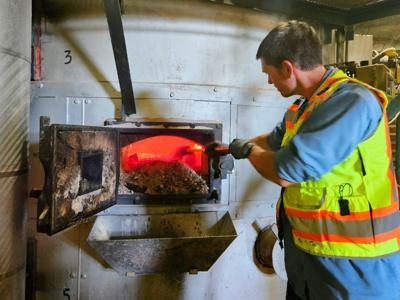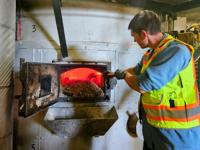(The Center Square) – Bellingham, a coastal city in Washington state near the Canadian border, is actively seeking infrastructure upgrades at its Post Point wastewater treatment facility after receiving a notice of violation from the Northwest Clean Air Agency.
The Northwest Clean Air Agency monitors and regulates Bellingham’s air emissions. Northwest Clean Air Agency is currently in the process of developing the city’s Air Operating Permit, and additional compliance requirements are expected when the permit is developed.
The city’s aging wastewater treatment plant, originally built in the early 1970s, has been upgraded several times while still maintaining incineration as core to its operations.
The most recent upgrades were made in 2014, with a secondary liquid stream upgrade. However, Bellingham Public Works Assistant Director Mike Olinger said at an April 8 city council meeting that the department did not do anything to improve the solids handling portion of the plant at that time “differing those costs and trying to keep costs as low as we could.”
In recent years, the city has explored various options to move away from incineration to more modern and clean waste processing. The city spent several years of planning for a project to turn waste into agricultural fertilizer, which would have replaced the incinerators.
However, city leaders chose to discontinue pursuing this option in 2022 due to affordability concerns. According to a presentation to the city council, the costs associated with the incinerator replacement project was more $1 billion for over 10 years, as opposed to the $541 million it would cost to maintain the incinerators over a 15 year lifespan.
“This is a good example of the many needs we have in our city, especially regarding our aging infrastructure and facilities,” Bellingham Mayor Kim Lund said in a news release. “When it comes to confronting the big problems that many modern cities are facing, there are often no straightforward answers.”
The city will now explore short-term and long-term solutions, including upgrading existing incinerators to ensure continued operations until a new solution is identified and implemented.
The city also intends to learn from other cities and industry leaders to explore future long-term solutions to wastewater treatment in order to comply with the Northwest Clean Air Agency.









